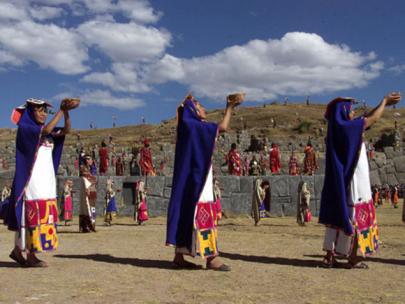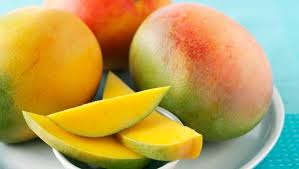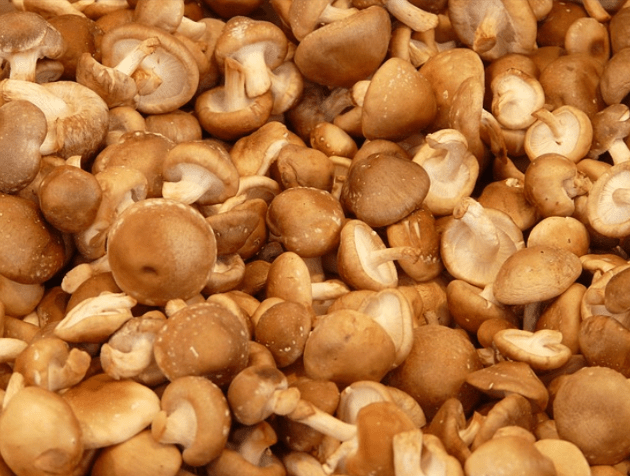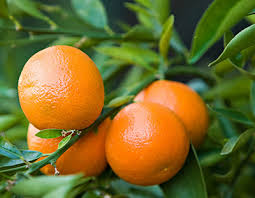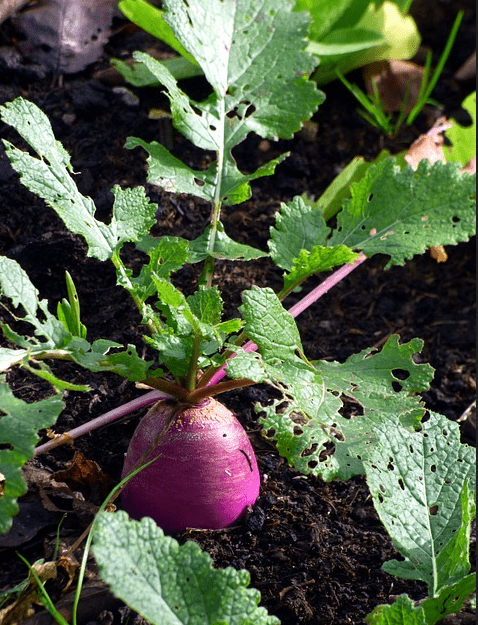“Inti reimi” is the Inca’s sun holiday celebrated on the shortest day of the year.
Today, December 21st, is called the solstice because the sun is located at its greatest angle relative to the earth, which creates a day with minimum hours of sunlight on the northern hemisphere (which is where we are) and maximum sunlight on the southern hemisphere..
This is considered the official beginning of our season of winter.
Coldness and lack of light is a worrying issue in the plant and animal kingdom. At the poles, where sun/hours are so few at winter, the plants and animals hibernate during the winter. Before heating and lighting technology it must have been very worrying to go into winter, as humans weren’t necessarily certain that they would survive it….
Unprofessional translation of Badulina by Gabi Nitzan:
“Before there was Christmas or hanuka or Ramadan, before anyone turned faith into religion, before there were books, before there was lighting technology – winters were much blacker and colder than we can imagine. Every day got darker a little bit earlier and life dissipated into eternal darkness. People sat in their shelters, tried to keep warm, tried to believe that the sun will return, that the darkness is reversible. And in that way, in all continents of the world, in all cultures, the solstice holiday was born on the shortest day of the year, with the longest night. On this day people got together, lit candles, made bonfires, gave gifts, ate and drank and sang together. The winter is not over yet, but this is the peak: from today the days will start getting longer, slowly slowly. Every day will have a few more minutes of sun. The sunrise will come earlier, the sunset will be delayed a bit. On this holiday communities gathered to light fire and say – hang on. Light is coming back to our lives. The deepest dark is behind us.”
Before Gabi Nitzan wrote that, it was written in the Babylonian Talmud, in Masechet avoda zara:
"לפי שראה אדם הראשון יום שמתמעט והולך, אמר:
אוי לי, שמא בשביל שסרחתי עולם חשוך בעדי וחוזר לתוהו ובוהו,
וזו היא מיתה שנקנסה עלי מן השמים.
עמד וישב ח' ימים בתענית [ובתפלה].
כיון שראה תקופת טבת וראה יום שמאריך והולך, אמר:
מנהגו של עולם הוא, הלך ועשה שמונה ימים טובים."
And here we have Hanuka, the festival of light for eight days, in which we drive away the darkness. Apparently this is something natural that humans wanted to do, to increase the light and heat during the days of the longest darkness. By the end of the eight festive days, the long dark night should start to shorten and the lighted days to lengthen….
Why does this happen? The earth spins like a dreidel in its orbit around the sun, in the galaxy called the “milky way”. The axis of the spin is not parallel to the sun (or perpendicular to the floor like the dreidel) but slanted relative to the sun. See the diagram.
The poles of the earth have the greatest differences in the angle at which they receive sunlight. The closer we get to the equator the differences in the angle are smaller so the length of day and night are less. If the axis of the earth was parallel to the sun, the day and night hours would be the same year round (how boring…:().
The slanted axis also causes the seasons. The earth rotates in an orbit around the sun. When the tilt of the axis is toward the sun that hemisphere has summer because the sunlight hits that hemisphere in a more direct angle. The other hemisphere has winter because the sunlight hits it at a less direct angle. Because the angle of the sun is so low in winter, there is not enough energy transferred to produce heat to warm the ground and the water….That is why winters are cold.
As of Monday, December 22nd, the days begin to lengthen and the nights to shorten. This happens gradually, until the equinox on march 21st when the day and night hours are equal:). On June 21st, the summer solstice, the days will begin to get shorter and the nights longer.
With great expectations for rain (in Hebrew the word rain sounds like a promise for fulfillment, of all kind of things…). I found this story written by Yonatan Gefen:
“and I remembered how once I came back after weeding in the vineyard, and my hands are heavy and soaked with black mud. I said: “mom, look how dirty”. I was a boy, and that’s how kids talk. And she looked at me with brown un-sleepy eyes and said that mud is not dirt”.
Have a good week, warm, fulfilling and rainy!
Maggie, Michelle and all the garden staff
I expect in our wintery baskets (draft only):
Cabbage
Cauliflower
Fennel
Potatoes
Rocket
Curly green lettuce
Grapefruit
Dutch cucumber
Tomatoes
And yellow peppers
Larger ones also:
Kyle
Beets
And coriander
Fruit baskets:
Annona
Oranges
Clementines
Larger ones also:
Kiwi
And Sweeties

